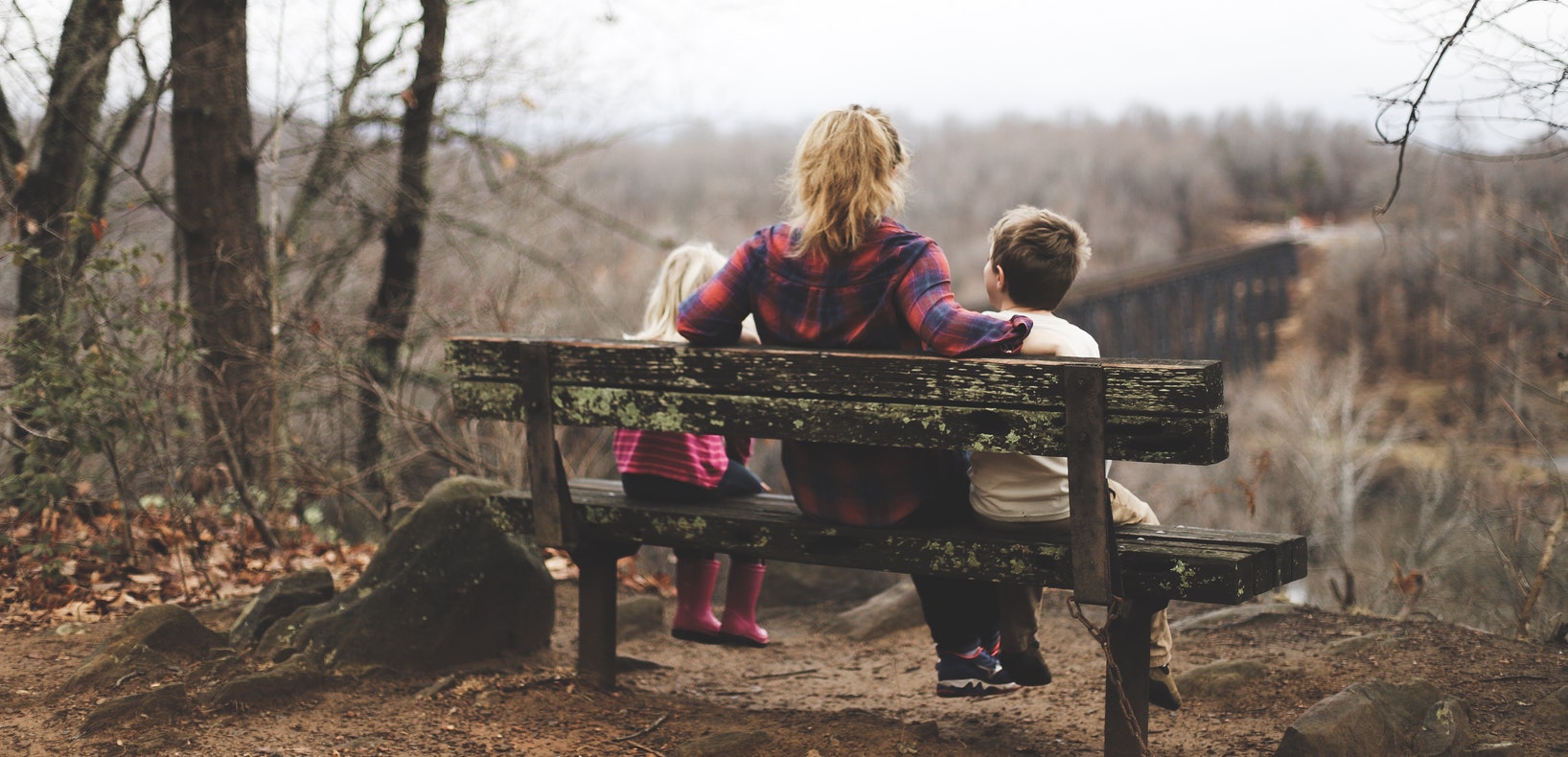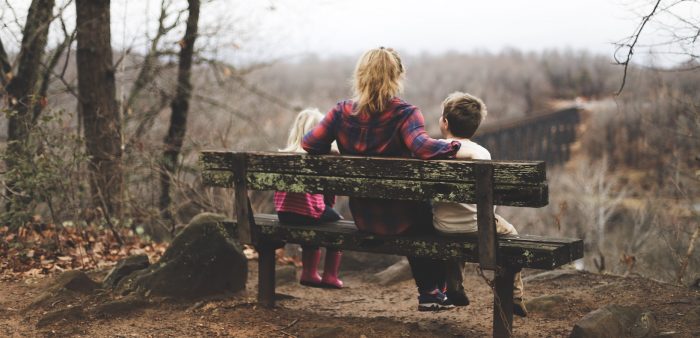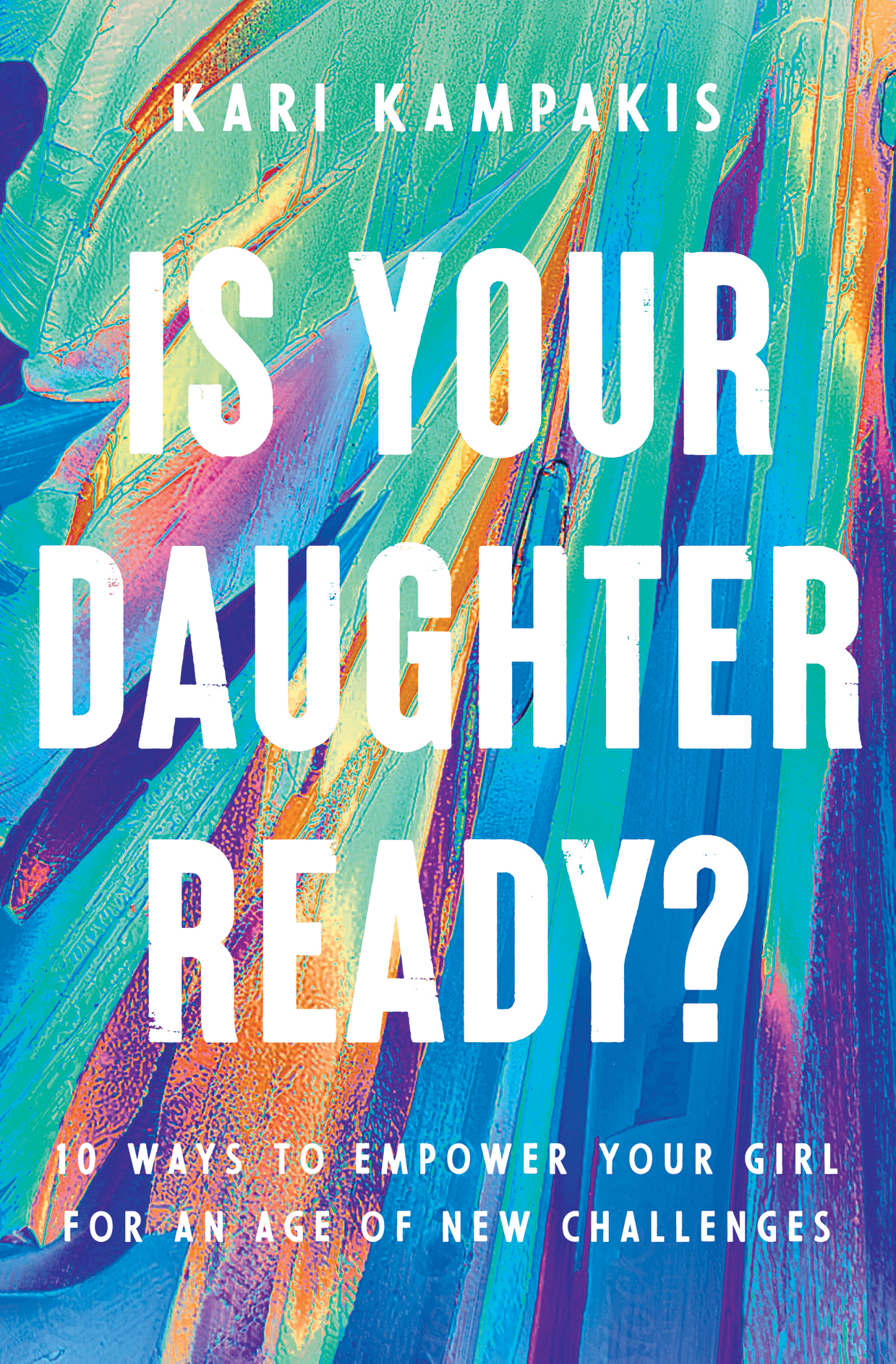Helping Your Child Resolve Peer Conflict


It is heart-wrenching to see your child upset.
Typically, it is conflict with a peer that gets them down.
Kids can put on a tough act at school and in their extra-curricular activities, but when they get home (or in your car for pick-up) the walls come tumbling down. They save their heartache and hurt for you, sometimes in the form of a meltdown.
As a parent, it’s hard to choose a response. Do you get involved or not? Is it enough to comfort your child and guide them – or should you take it a step further?
While some events are clear bullying and warrant parental involvement, most incidents fall in a gray area. Many incidents today get called “bullying” but are really kids being mean, rude, or insensitive.
There are no tidy answers, but I do know this: Not every problem your child faces will have immediate closure. Not every offense deserves a call to another parent, a school, or a coach. Your first instinct is not always your best instinct – especially if you want to go nuclear.
Sadly, we live in an age of nuclear reactions. We live in a time where even adults lack boundaries and act on rash emotions that make them lose credibility. Remember how it used to be rude to call someone after 9 p.m.? Well, now there is text and email. At any hour, we can give someone a piece of our mind, shooting off anger, frustration, and outrage. We can write things that we’d never say out loud if we took a minute to breathe, calm down, and think.
Peer conflict among children has always existed, but what’s different now is heightened emotions among parents. Nobody wants to be “that parent,” yet when our child is upset, our instinct is to fix the person or situation causing the hurt. We often spring into action – and exasperate the problem.
So how do you help your child handle peer conflict that falls in the gray zone? According to a TODAY Parents article, you start by gathering information, staying calm, not freaking out, and remembering this from Sameer Hinduja:
“Many times, unfortunately, when a child goes to a well-meaning adult,
that adult will make it a huge deal or do something counterproductive
that makes the child think, ‘Man, I should have just kept my mouth shut and suffered silently.’”
This statement aligns with the message of a parenting panel I once took part of. The panel consisted of me, a junior high counselor, a teen counselor, and an elementary school principal of 30 years. Through our collective experiences, we developed 4 guidelines for parents to help a child resolve peer conflict.
- Listen to your child. (Make sure they feel heard)
- Show no emotion. (Stay calm, breathe, look at the big picture, ask yourself if you need to intervene)
- Put it back on your child by asking the right questions, like “What do you want to do? Do you want me to interven or make a phone call? 9 times out of 10, the child knows what to do and doesn’t want intervention.
- Help your child brainstorm options. (Start with questions like “How do you think you should handle this? If you were the principal or coach, what would you do?”)
I once received an Instagram message once from a mother who empowered her daughter through a difficult teammate. She wrote: “I was able to apply some of your teachings tonight to my youngest who plays soccer. She continually gets in the car after practice frustrated with one teammate who is very bossy, steals the ball, and gets her way. It finally dawned on me today to ask her what she could learn from this little girl.
Not only can she learn to be kind and a team player, she can also learn to be a better soccer player because from her. When she tries to steal the ball, be a faster runner and defender. And instead of always feeling so frustrated, feel satisfaction that because this little girl acts this way, you will become a better person and soccer player. My daughter is 10 and I think she really ‘got’ it.”
Conflict is a part of life, and in every season, children encounter it. It helps to remember is that our kids and their peers are still young – they’re learning and making mistakes, yet we expect them to have mastered skills that many adults don’t possess. While there are certainly times when parents need to get involved, I believe in saving those phone calls for bigger events so we don’t lose credibility and stop being heard because we go postal over every offense.
When you’re at a loss for answers, be a sounding board for your child. Listen, empathize, and offer a long-term perspective. Remember:
- When you teach your child how to handle conflict respectfully, you keep the door open to a future friendship with the offender and the positive influence they need.
- When you help your child set healthy boundaries, you teach them a crucial life skill to deal with hurtful people.
- When you encourage doing the right thing, you keep them on track to finding real friendship and joy. God rewards faithfulness, and there is peace in making choices that help you sleep well at night.
Most importantly, give your child hope. Remind them that they don’t have to be best friends with everyone, but they can be kind, and in doing so, they’ll build a network of peer relationships that ultimately helps them rise, thrive, and become the people they’re meant to be.
*********************************************************************************
 Thanks for reading this message. Please share it on social media, or click over to the Girl Mom podcast to listen to it audibly.
Thanks for reading this message. Please share it on social media, or click over to the Girl Mom podcast to listen to it audibly.
My new book Love Her Well: 10 Ways to Find Joy and Connection with Your Teenage Daughter is now available, and it’s getting a fantastic response. You can find it everywhere books are sold, including Amazon and Audible. What a privilege it’s been to narrate my first book for moms!
My two books for teen girls, 10 Ultimate Truths Girls Should Know and Liked, have been used widely across the U.S. for group studies. For more posts, subscribe to this blog or join me on Facebook, Instagram and the Girl Mom podcast.
Posted by Kari on January 11, 2021









0 Comments